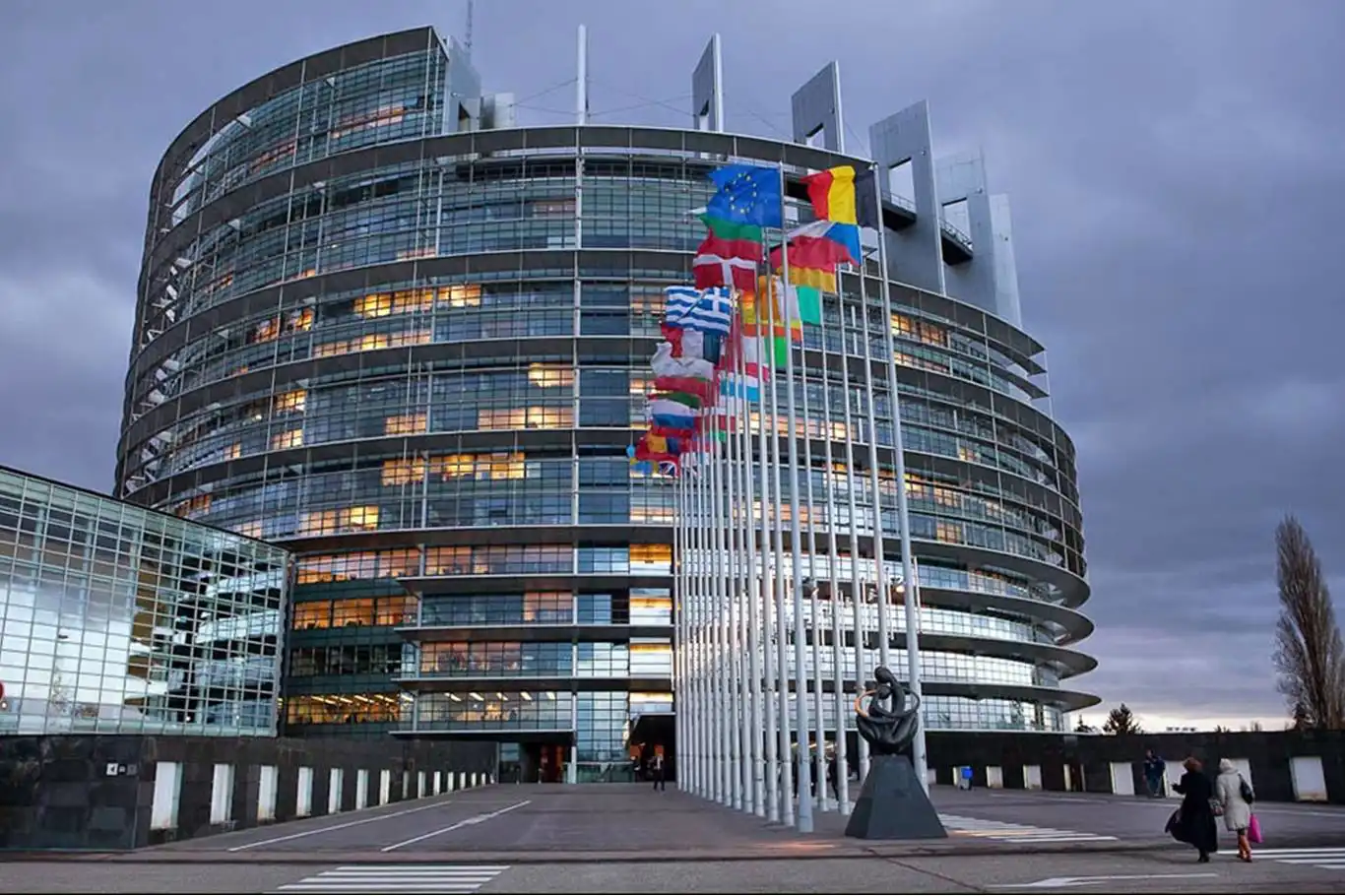EU adopts 16th sanctions package against Russia to intensify pressure


The European Union has rolled out its 16th sanctions package targeting Russia, escalating measures against the Kremlin as its war on Ukraine enters its fourth year.
Welcomed by the European Commission, the package aims to tighten the screws on Russia’s economy and curb its military capabilities while reinforcing the EU’s commitment to securing a just peace for Ukraine.
The latest sanctions hit key sectors of Russia’s economy, including energy, trade, transport, infrastructure, and financial services, while introducing robust anti-circumvention measures. The EU has also aligned certain provisions with its Belarus sanctions regime and bolstered restrictions on occupied Ukrainian territories, such as Crimea, Sevastopol, and parts of Donetsk, Kherson, Luhansk, and Zaporizhzhia.
The package lists 74 additional vessels—bringing the total to 153—linked to Russia’s shadow fleet or energy revenues. New criteria target operators of unsafe oil tankers, while export bans hit 53 companies, including 34 outside Russia, tied to the military-industrial complex or sanctions evasion.
A total of 83 new designations include 48 individuals and 35 entities involved in Russia’s military efforts, crypto exchanges, and maritime activities. A fresh criterion now allows listing those benefiting from or supporting Russia’s war machine.
A direct ban on Russian primary aluminum imports joins existing restrictions on processed aluminum, with a transitional quota of 275,000 tons (80% of 2024 EU imports) permitted over 12 months. Dual-use export controls now cover chemical precursors for weapons like chloropicrin, software for CNC machine tools, video-game controllers used in drone operations, and chromium ores. Additional bans target industrial goods such as minerals, chemicals, and steel.
The EU has banned the temporary storage of Russian oil in its ports, even under the price cap, and extended restrictions on technology and services for Russian LNG projects to crude oil ventures like the Vostok project. Software for oil and gas exploration is also now prohibited.
Flight bans now extend to third-country airlines operating domestic Russian flights or supplying aviation goods, while a road transport amendment caps Russian ownership in EU firms at 25% to close loopholes.
A full transaction ban targets Moscow’s Vnukovo and Zhukovsky airports, four regional airports, and key ports like Astrakhan, Makhachkala, Ust-Luga, Primorsk, and Novorossiysk. EU operators are also barred from providing construction services in Russia.
Thirteen financial institutions face bans on specialized messaging services, while three banks using Russia’s SPFS system to dodge sanctions join the transaction blacklist. Crypto providers aiding oil price cap evasion are also targeted.
The EU has suspended the broadcasting activities of eight additional media outlets, citing their role in promoting and justifying Russia’s war in Ukraine.
The EU views sanctions as central to degrading Russia’s war machine, cutting its revenue streams, and hobbling its technological base—a strategy it says grows more effective over time. Amid Russia’s efforts to bypass restrictions, EU Sanctions Envoy David O’Sullivan is intensifying outreach to third countries, urging cooperation on high-priority goods and heightened vigilance on critical exports.
The Commission emphasized that these measures reflect the EU’s resolve to counter Russia’s aggression and support Ukraine, with enforcement remaining a priority across member states. As geopolitical tensions persist, the 16th package marks another step in the EU’s sustained pressure campaign. (ILKHA)
LEGAL WARNING: All rights of the published news, photos and videos are reserved by İlke Haber Ajansı Basın Yayın San. Trade A.Ş. Under no circumstances can all or part of the news, photos and videos be used without a written contract or subscription.
Syrian Foreign Minister Asaad Hassan al-Shibani is set to arrive in Ankara on Monday for discussions with Turkish officials.
A ceasefire in Ukraine that fails to address the root causes of the conflict could lead to a renewed and intensified crisis, Russian Deputy Foreign Minister Sergei Ryabkov warned on Monday.
A couple was tragically trampled to death by a wild elephant at Aralam Farm in Kannur on Sunday evening.